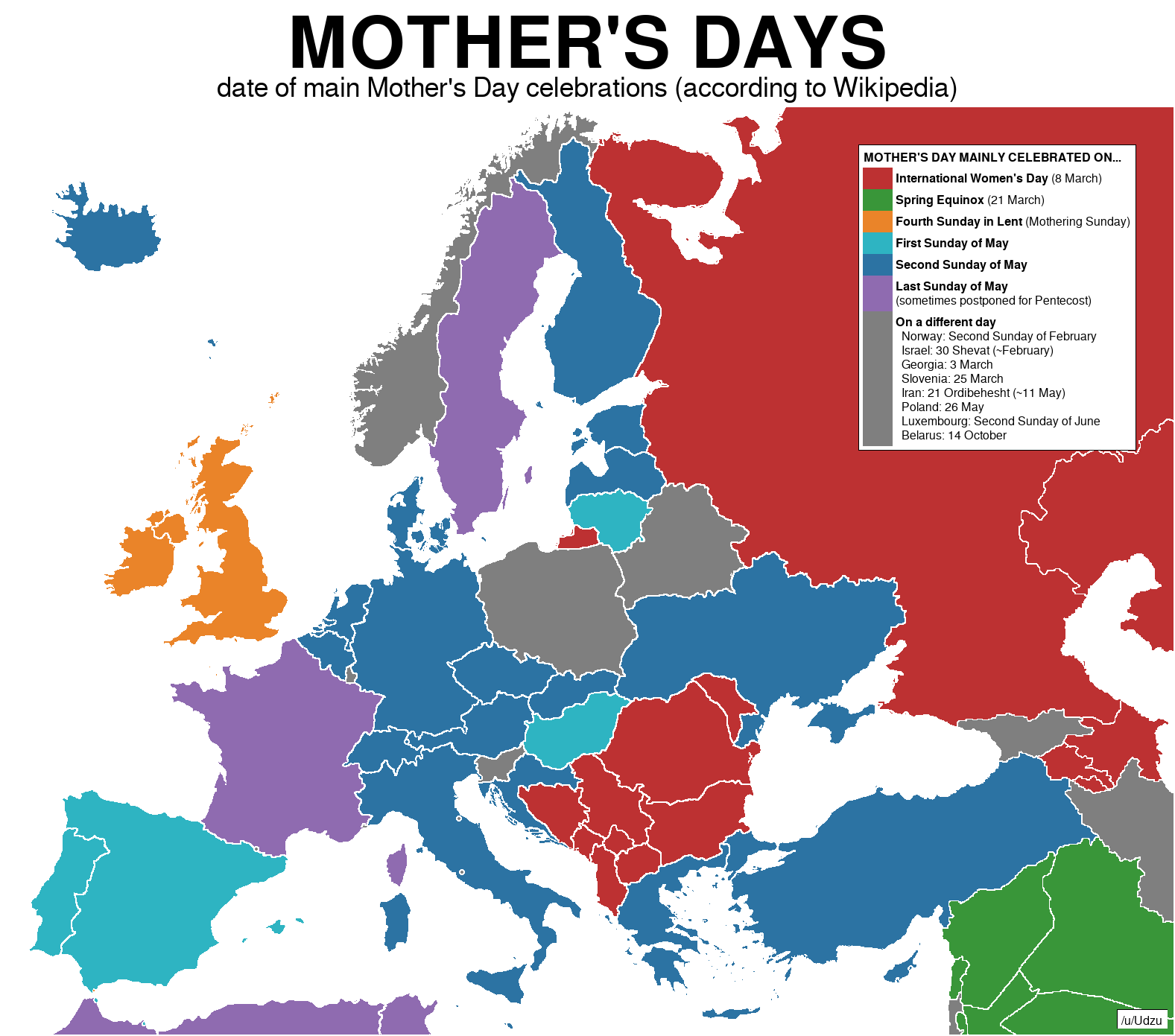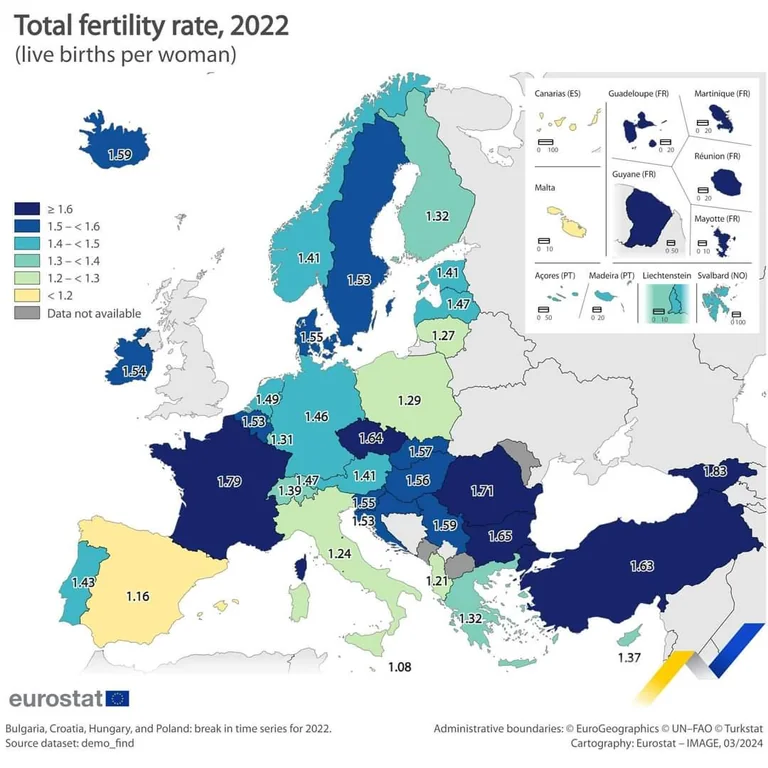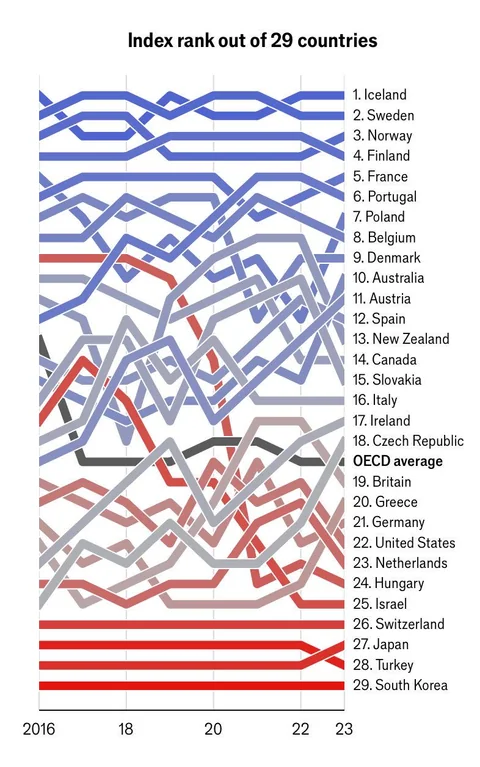Link to the song: https://www.youtube.com/watch?v=1lsSJYLrCSw
Link to the post: https://jlai.lu/post/5484030
Lyrics:
Tell me
Tell me where did you go
Cause I can see the silence in your face
A lost cause no matter what you do
Until you always end up losing faith
Cause you′ve been looking for a sign of devotion
And every motherfucker in this world
You're juste like a lost child
And you′ve been looking, looking for a home
And it's been so hard to say
And it's been so hard to learn
And it′s been so hard to know
That I was just a lost child looking for a home
Just like you
Hard to say
And it′s been so hard to learn
And it's been so hard to know
That I was just a lost child looking for a home
Just like you
Okay promis, on s′écrit
Tout ce qu'on ressent l′un pour l'autre
On l′écrit
On le tâte sur nos lèvres
Dans nos chairs, sur le corps
I'm always there with you
With you
Sans toi j'ai peur
Tu restes dans mes pensées
Je ne préfère pas y penser
Cause I can see the silence in your face
No matter what we do it′s still the same
Cause I′m a lost child looking for a home
Just like you
And it's been so hard to say
And it′s been so hard to learn
And it's been so hard to know
That I was just a lost child looking for a home
Just like you
Hard to say
And it′s been so hard to learn
And it's been so hard to know
That I was just a lost child looking for a home
Just like you
Cause you′ve been looking for a sign of devotion
And every motherfucker in this world
You're juste like a lost child
And you've been looking, looking for a home
And it′s been so hard to say
And it′s been so hard to learn
And it's been so hard to know
That I was just a lost child looking for a home
Just like you
Hard to say
And it′s been so hard to learn
And it's been so hard to know
That I was just a lost child looking for a home
Just like you




A bit old, but still
https://www.un.org/en/development/desa/population/events/pdf/expert/24/Policy_Briefs/PB_France.pdf